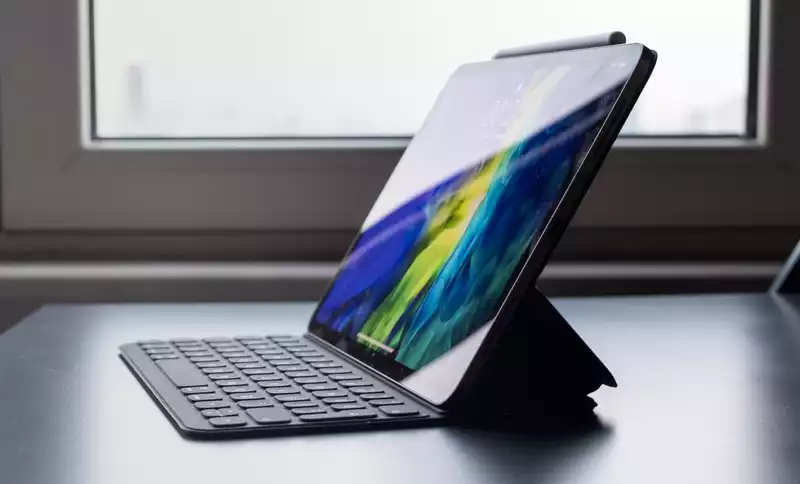Apple may delay production of its new MacBooks and iPads. This is thanks to a global chip shortage that is affecting the production of everything from PS5 and Xbox Series X consoles to smartphones and cars.
The news comes from financial magazine Nikkei Asia, which blames Apple's potential problems on a shortage of mounting components for MacBooks and a shortage of iPad displays and related components.
The good news is that this will not prevent people from purchasing new Apple products. However, it does mean that Apple has been forced to delay some production to late 2021, and the company's supply chain will become even tighter as the year progresses.
So far, production of the iPhone 13 and other Apple phones has reportedly not been affected. However, sources told Nikkei Asia that supplies of some components are "pretty tight" and that the issue may be further complicated down the road.
Apple has so far managed to work through the chip shortage. This is likely due to the fact that it has been able to rally its suppliers quickly, along with its experience in managing the complexity of its existing supply chain. The fact that the chip shortage is affecting Apple suggests that the overall semiconductor shortage is becoming increasingly severe.
Apple is not the only tech company affected by this problem. Samsung may delay the launch of the Galaxy Note 21 until 2022 thanks to the semiconductor shortage. Similarly, existing problems with PS5 restocking and Xbox Series X restocking have been exacerbated by Microsoft and Sony's inability to obtain the components needed to increase production.
Hopefully, the more large companies are affected by the chip shortage, the more they will work to correct the problem. It is impossible for them to do anything about the increased demand for electronics, but they could work together to bring out more production capacity.
After all, if things get even worse, every company has a lot to lose. This is especially true for smaller companies that do not have the influence of the Apple's and Microsoft's of the world.










Comments